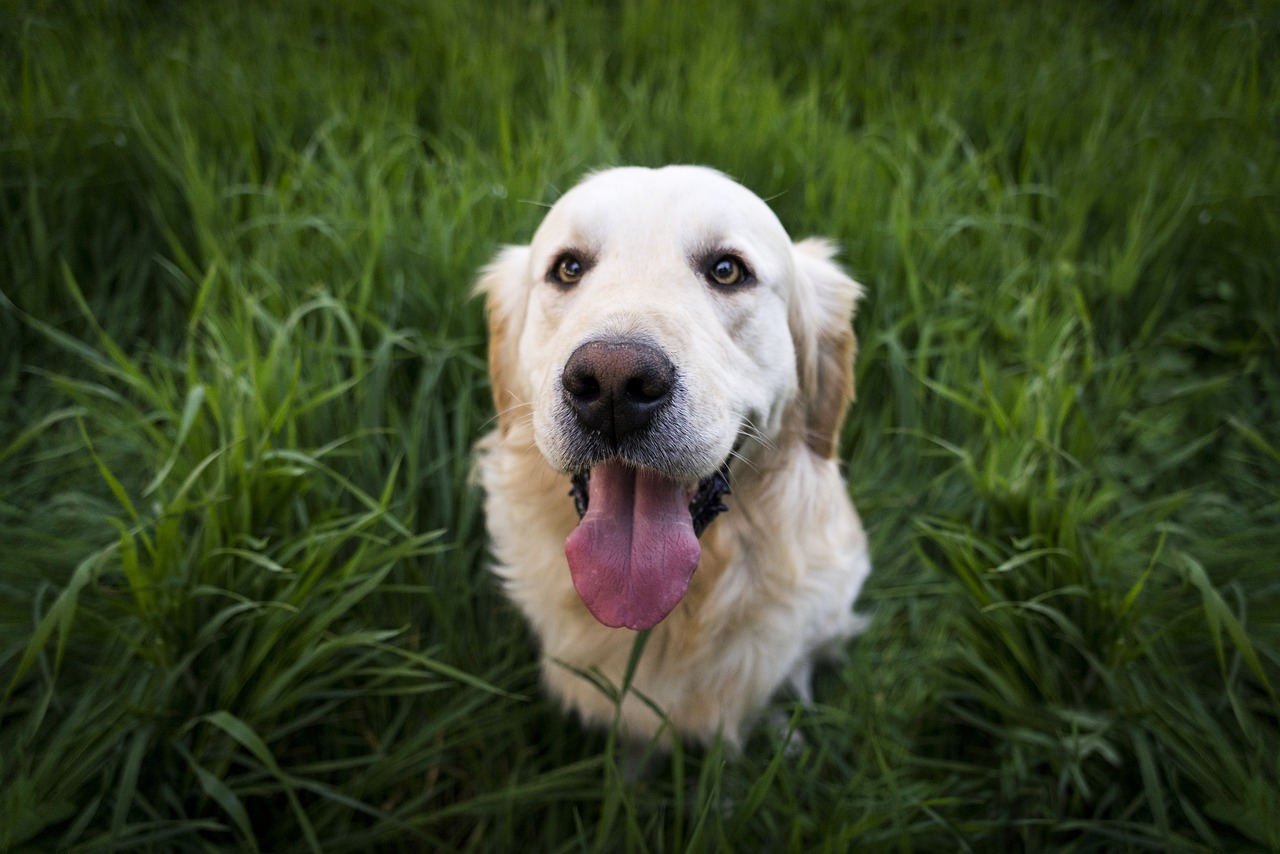
Ensuring your canine companion’s health doesn’t stop at a balanced diet, ample exercise, routine vaccinations, or lots of love. Among the many responsibilities of pet ownership, one significant yet often overlooked aspect is oral health. Our team is here to help answer the common question, “How often should dogs have their teeth cleaned?”
The Importance of Dental Care
Regular teeth cleaning is as crucial for your furry friend as it is for you. Dental issues in dogs can lead to severe and painful health problems such as gum disease, tooth loss, and even complications affecting the heart, kidneys, or liver. Given this, understanding the recommended frequency and best practices for dog teeth cleaning can make all the difference in promoting your pet’s overall health.
At-Home Dental Care
Firstly, at-home dental care is a daily duty. Brushing your dog’s teeth at home helps reduce plaque and prevent tartar buildup. Despite initial challenges in accustoming your pet to this process, regular, even daily brushing can significantly impact the overall oral health of your pet. Use a canine toothbrush and dog-friendly toothpaste for this daily routine. Human toothpaste contains fluoride, which can be toxic to dogs when swallowed, so always stick with a product specifically designed for canine use. In addition, dogs dislike the foaming action of human toothpaste.
You can also support your dog’s oral health by providing dental treats and toys that help clean their teeth, promoting hydration (which aids in washing away food particles), and maintaining a nutritious, balanced diet.
Professional Dog Dental Cleanings
Secondly, there’s professional dental cleaning to consider. How often your dog should have a professional teeth cleaning varies based on several factors including age, breed, diet, and individual health status.
Puppies have relatively clean mouths, but dental care should begin early to acclimate them to the process. The American Veterinary Medical Association (AVMA) suggests that puppies get their first dental checkup at around six months of age, as this is when their permanent teeth start to appear. Before that, the mouth should be examined during each visit for puppy immunizations.
Adult dogs, on the other hand, should typically have their teeth professionally cleaned at least once a year. Small breeds, brachycephalic breeds (those with shorter snouts), and dogs on a wet diet may need professional cleanings more frequently, possibly every six months, due to higher susceptibility to dental diseases.
Senior dogs may require more frequent dental care. The American Veterinary Dental College suggests that most dogs (80%) have some evidence of periodontal disease by age three, which only intensifies with age. Therefore, biannual check-ups could be necessary for older dogs, especially those showing signs of dental issues.
Remember, these are general guidelines, and individual circumstances can vary widely. Some dogs may require more frequent cleanings, while others may need less. Regular veterinary check-ups, at least annually, are the best way to gauge the necessity of professional cleanings for your specific pet.
Also, keep an eye on signs of dental distress such as persistent bad breath, difficulty eating, excessive drooling, and inflamed gums. These may indicate a need for immediate professional attention, irrespective of when the last cleaning was done.
The Verdict
In conclusion, how often dogs should have their teeth cleaned can vary on a few factors such as age, size, or breed. While daily at-home teeth cleaning is ideal, professional dental cleanings should be performed as advised by your board-certified veterinary dentist, usually once or twice a year. Prioritize your dog’s dental hygiene to prevent disease and ensure their mouth stays as healthy as their wagging tail is happy. Your four-legged friend might not be able to say, “Thank you,” but their healthier life and brighter smile will show it.
